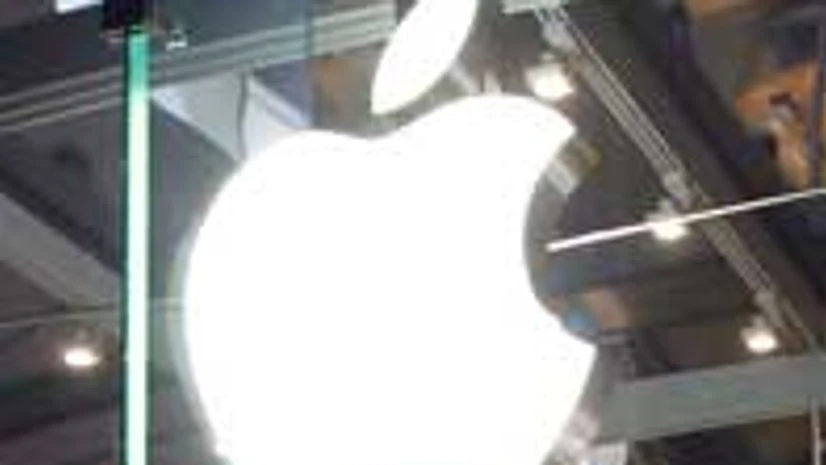Apple Inc, the maker of iPhones and iPads, has asked the government to relax the local sourcing clause in its policy on foreign direct investment (FDI) in single-brand retail. Though government officials seem to have ruled this out for now, the proposal has not yet been closed.
The company’s senior management executives recently met officials in the Department of Industrial Policy and Promotion (DIPP), which governs the country’s FDI policy, and sought an exception to be made for the technology giant.
“They (Apple) have clearly told us that they cannot adhere to the sourcing norms as they hardly use any hardware for their products. We have also told them that while the government is keen on investments, it cannot make exceptions. However, we can analyse a company’s needs on a case by case basis,” a senior DIPP official told Business Standard.
More From This Section
DIPP is internally examining what methodology it can work out in this case, where a firm keen to invest in India does minimal sourcing.
The Cupertino, US-based company has since 2006 been keen to enter India by setting up wholly-owned retail stores. Its hope of opening its own stores across the country were renewed when the government in January 2012 allowed 100 per cent FDI in single-brand retail.
Apple is weighing various options to establish its stores in India. As part of this, it has asked the government to relax the sourcing norms. The company has told DIPP its iPhones and iPads hardly have any hardware content, while its laptops are assembled products.
| APPLE EYES A BIGGER BITE OF INDIA MARKET |
|
According to the present FDI policy on single-brand retail, for proposals involving foreign equity in excess of 51 per cent, it is necessary for the company to source 30 per cent of its contents from the country’s micro, small and medium enterprises. In the first instance, this procurement requirement has to be met as an average of five years’ total value of goods purchased from April 1 of the year during which the first tranche of FDI is brought in. Thereafter, it is to be met on an annual basis.
At present, Apple Inc’s 45 ‘Apple Premium Resellers’ in India are run under the franchisee model with partners.
Reliance Retail, one such partner, operates 22 stores known by the name of iStores. Redington India is another partner. Apple also sells its products through multi-brand electronic stores like Reliance Digital and Croma. Globally, Apple Inc operates more than 360 wholly-owned stores in 12 countries. Currently, Apple consumers in India face difficulties in after-sales service.
As a result of this, the company’s market share remains a low two-three per cent. Besides, pricing also becomes an issue, as Apple products are highly priced in this market.
Besides, the company has only one registered office, in Bangalore. According to the International Data Corporation, Samsung, with a 33 per cent market share, is the clear leader in India’s smartphones category. It is followed by Micromax (17 per cent) and Karbonn (11 per cent).

)
